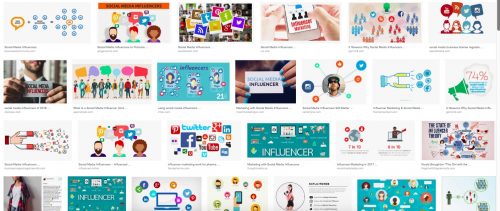 After his clash with the Wall Street Journal in February 2017 become memorialised as a struggle between YouTube Influencers and the legacy media, PewDiePie was embroiled in more controversy for amplifying anti-Semitic sentiment, attacking/calling-out more journalists and media outlets, and inciting a YouTube channel war that has stimulated his followers to spew racist remarks. Despite all this, journalists observe that “PewDiePie’s frequent controversies seem to have no real effect on his popularity“.
After his clash with the Wall Street Journal in February 2017 become memorialised as a struggle between YouTube Influencers and the legacy media, PewDiePie was embroiled in more controversy for amplifying anti-Semitic sentiment, attacking/calling-out more journalists and media outlets, and inciting a YouTube channel war that has stimulated his followers to spew racist remarks. Despite all this, journalists observe that “PewDiePie’s frequent controversies seem to have no real effect on his popularity“.
In the wake of these events, I asked by several journalists to provide context and commentary on Influencers and their relationship to the mainstream media. As expected, I was pressed to forecast if Influencers would eventually replace digital news media outlets, or to confirm if legacy and digital media were increasingly threatened by Influencers’ impact in the information space. I struggled to respond to sweeping statements such as ‘YouTubers have more legitimacy than the press’, ‘Young people generally trust Influencers over the media’, and ‘Influencers have a larger reach than the media today’, without providing situational context. As a reflection on a fortnight of such conversations, I briefly pen here three nuances to keep in mind when comparing digital news media to Influencers, given that each is held to distinct barometers of authority, engagement, and reach. more...








